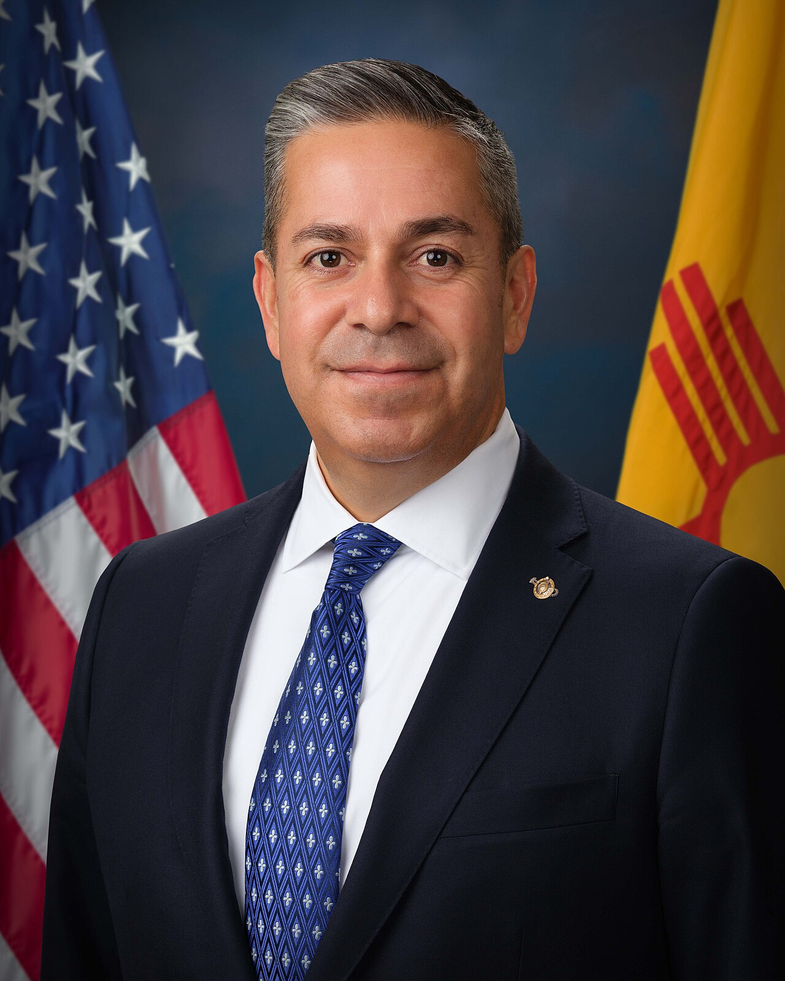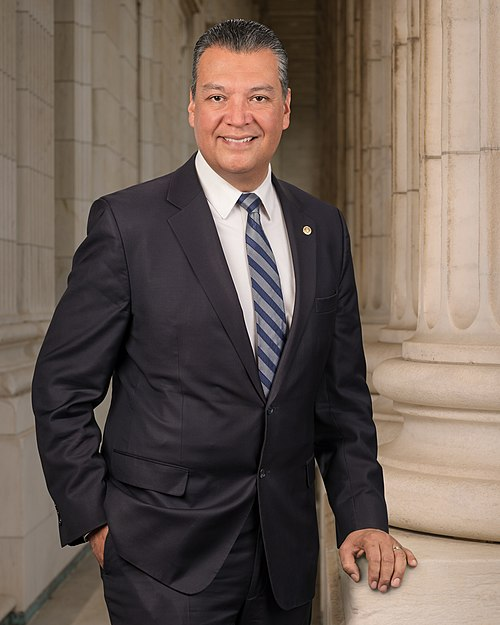S. 1385: Organic Science and Research Investment Act of 2025
This bill, known as the Organic Science and Research Investment Act of 2025, aims to enhance and coordinate research related to organic agriculture within several U.S. Department of Agriculture (USDA) agencies. Here are the key components of the bill:
Creation of the Coordinating and Expanding Organic Research Initiative
The bill establishes an initiative specifically for organic research. This involves:
- Forming a committee to oversee and expand the resources dedicated to organic agricultural research.
- Ensuring that research relevant to organic and transitioning-to-organic producers is effectively coordinated.
- Developing strategic plans for future organic research efforts.
Appointment and Composition of the Initiative
The Secretary of Agriculture will appoint between 12 to 18 members to the initiative, with expertise in organic agriculture. The appointments must include representation from various USDA agencies involved in agricultural research, ensuring a well-rounded approach.
Research and Report Requirements
The initiative is tasked with:
- Conducting surveys of ongoing organic research and reporting findings to the Secretary of Agriculture.
- Making recommendations for improving and expanding organic research, focusing on technological innovations and best practices that enhance productivity and sustainability.
- Reviewing recommendations from previous reports to ensure continuous improvement in organic agricultural practices.
Consultation and Collaboration
The initiative will regularly consult with organic and conventional farmers, academic institutions, and relevant organizations to ensure that the research is comprehensive and applicable to the current agricultural landscape.
Financial Appropriations
The bill also provides for dedicated funding for various initiatives:
- It authorizes appropriations for transitions to organic farming, amounting to specified increases in funding from 2026 to 2030.
- Allocates funding for post-research reports that analyze the economic and environmental impacts of organic agricultural practices.
Transition Support for Non-Organic Producers
Additionally, the bill encourages grants to support research, education, and activities aimed at helping non-organic producers transition to organic practices. This includes addressing barriers to transition and improving soil health and ecosystem management.
Economic Impact Analysis
The Secretary of Agriculture is directed to conduct an analysis assessing the economic impacts of organic agriculture across different community sizes and types, evaluating various factors including local economies, environmental quality, and social dynamics.
Support for Indigenous Knowledge
Grants related to indigenous traditional ecological knowledge are highlighted, requiring the inclusion of institutions serving Native communities and ensuring the ethical use of indigenous practices and knowledge.
Future Reporting and Recommendations
The Secretary of Agriculture will need to report how findings and recommendations from the initiative have been addressed in budget proposals, creating accountability for the implementation of the initiative's recommendations.
Relevant Companies
None found.
This is an AI-generated summary of the bill text. There may be mistakes.
Sponsors
12 bill sponsors
-
TrackJohn Fetterman

Sponsor
-
TrackTammy Baldwin

Co-Sponsor
-
TrackCory A. Booker

Co-Sponsor
-
TrackKirsten E. Gillibrand

Co-Sponsor
-
TrackAngus S. King Jr.

Co-Sponsor
-
TrackBen Ray Lujan

Co-Sponsor
-
TrackJeff Merkley

Co-Sponsor
-
TrackAlex Padilla

Co-Sponsor
-
TrackAdam B. Schiff

Co-Sponsor
-
TrackTina Smith

Co-Sponsor
-
TrackPeter Welch

Co-Sponsor
-
TrackRon Wyden

Co-Sponsor
Actions
2 actions
| Date | Action |
|---|---|
| Apr. 09, 2025 | Introduced in Senate |
| Apr. 09, 2025 | Read twice and referred to the Committee on Agriculture, Nutrition, and Forestry. |
Corporate Lobbying
0 companies lobbying
None found.
* Note that there can be significant delays in lobbying disclosures, and our data may be incomplete.
Potentially Relevant Congressional Stock Trades
No relevant congressional stock trades found.